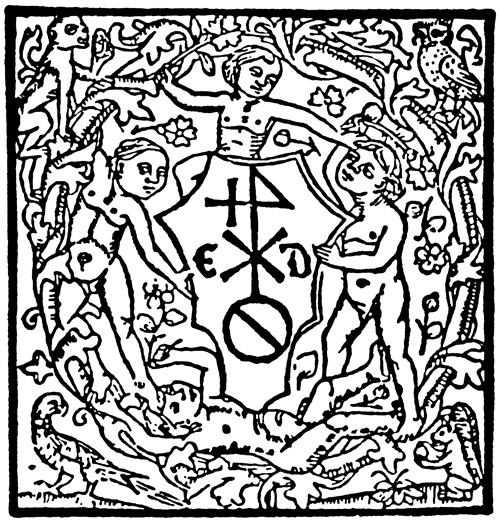Ouvrage



Elders and the Plural Ministry : the Role of Exegetical History in Illuminating John Calvin’s Theology
82,08 CHF TTC
Ajouter au panier
57,40 CHF TTC
Ajouter au panier
Publication en ligne (en libre accès ou sur abonnement) :
https://humanisme-renaissance.droz.org/book/9782600031349
https://humanisme-renaissance.droz.org/book/9782600031349
Titre :
Elders and the Plural Ministry : the Role of Exegetical History in Illuminating John Calvin’s Theology
Année :
1988
Pages :
240
Collection :
Travaux d'Humanisme et Renaissance
ISSN :
0082-6081
Numéro :
CCXXIII
Support :
Livre relié
ISBN-13 :
978-2-600-03134-9
Support :
ePUB
ISBN-13 :
978-2-600-33134-0
- Présentation
- Sommaire
- Présentation
- Sommaire
